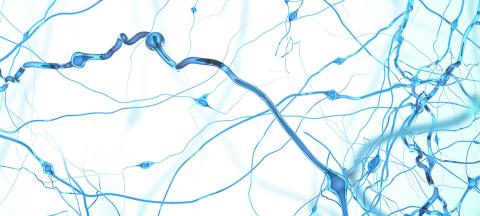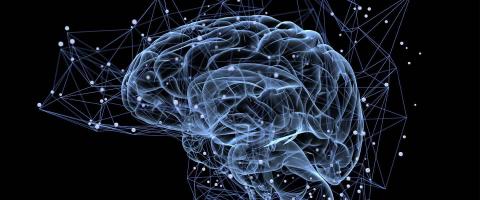
Researchers have published results of what they say is “the first well-powered study” investigating how menopausal hormone therapy (MHT) affects the risk of psychosis relapse in women of menopausal…
Read More

Psychosis, which involves hallucinations, delusions, and other distortions of thought and perception, is often associated with schizophrenia. But it also occurs in other disorders, including major…
Read More

What changes occur in the brain after a young person has a first episode of psychosis (FEP)?
Read More

In a new paper, researchers have reported results of the largest double-blind, randomized clinical trial to date comparing the effectiveness and safety of two important therapies for severe and…
Read More

In people who experience a first psychotic episode—often the prelude to schizophrenia and related disorders—the individual’s response to antipsychotic medicines can be crucial, and typically, varies…
Read More


